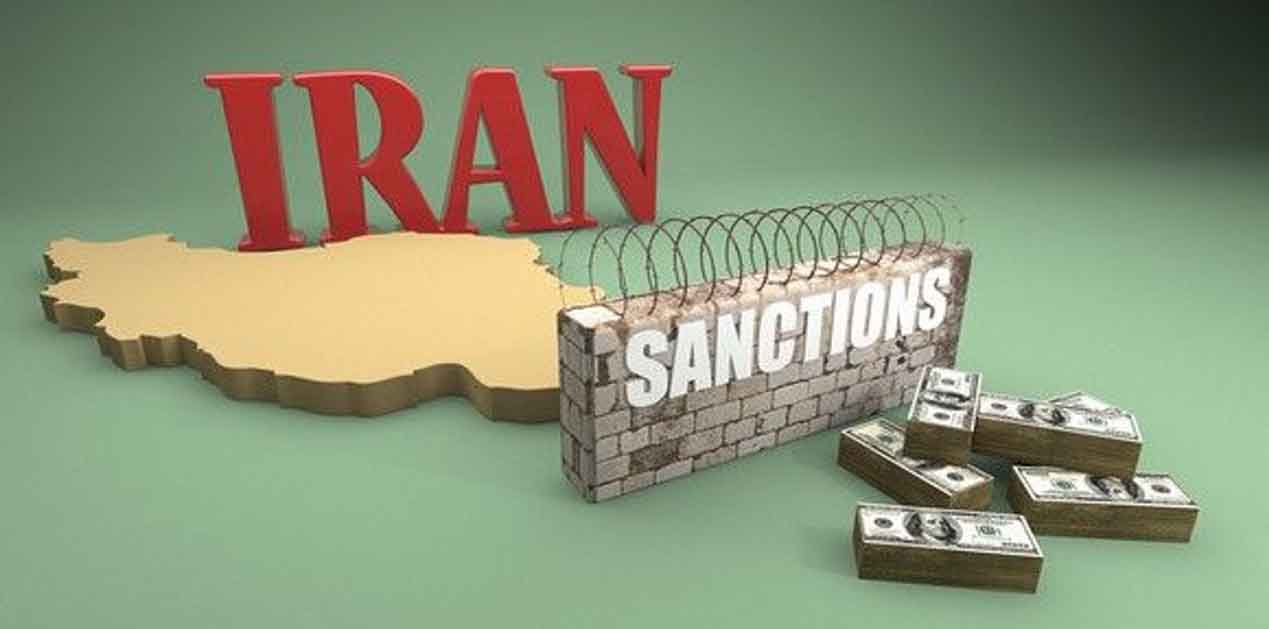Amb D P Srivastava
 President Rouhani in a nationally televised speech on 8th May announced that Iran would not be temporarily performing some of its obligations under the nuclear deal or Joint Comprehensive Action Plan (JCPOA). This is not withdrawal from the agreement. As Rouhani said, ‘This surgery is for saving the deal, not destroying it’. Iranian action came a year after President Trump announced US withdrawal from JCPOA, despite Iran maintaining its commitments under the nuclear accord as certified by International Atomic Energy Agency (IAEA). Recently, US also imposed additional measures. In early April, it declared Iranian Revolutionary Guards Corps (IRGC) as a terrorist organization. On 22nd April, it announced end of sanctions waivers on crude purchase by eight importing countries. Last Sunday, US announced dispatch of a carrier task force led by USS Abraham Lincoln to the Middle East.
President Rouhani in a nationally televised speech on 8th May announced that Iran would not be temporarily performing some of its obligations under the nuclear deal or Joint Comprehensive Action Plan (JCPOA). This is not withdrawal from the agreement. As Rouhani said, ‘This surgery is for saving the deal, not destroying it’. Iranian action came a year after President Trump announced US withdrawal from JCPOA, despite Iran maintaining its commitments under the nuclear accord as certified by International Atomic Energy Agency (IAEA). Recently, US also imposed additional measures. In early April, it declared Iranian Revolutionary Guards Corps (IRGC) as a terrorist organization. On 22nd April, it announced end of sanctions waivers on crude purchase by eight importing countries. Last Sunday, US announced dispatch of a carrier task force led by USS Abraham Lincoln to the Middle East.
Iran invoked Article 26 of the JCPOA to announce it would stop selling unspent enriched uranium and heavy water to other nations for 60 days. The article allows Iran to treat re-imposition of specified sanctions as ‘grounds to cease performing its commitments under this JCPOA in whole or in part.’ During this period, it expects European Union to make good on its promises to protect Iran’s oil and banking sectors. If it does, Iran will resume its cooperation under the nuclear accord proportionately. If not, ‘Iran will scale back more commitments in phases.’
‘Zeroing down’ of Iranian oil exports, as announced by US Secretary of State Pompei, poses an existential threat to Iranian economy. Iran’s response is calibrated. As of now, it remains within the permissible threshold of enrichment under JCPOA. In a way, this only reflects narrowing space for Iran with progressive tightening of US sanctions. Earlier, the US Administration had imposed restrictions on Iranian sale of heavy water to Oman and exchange of enriched uranium with yellow cake from Russia. US has announced new sanctions on Iran’s steel and mining sectors after President Rouhani’s speech.
Mounting tensions in the Gulf have to be seen against the background of impasse in Middle East Peace Process, an unstable equilibrium in Syria and continuing conflict in Yemen. Worsening of geo-political situation has coincided with disruption of crude oil supplies from Venezuela and Libya. This was bound to affect oil prices. After US announcement to ‘zero down’ Iranian crude oil exports, OPEC crude basket hit $ 74.04 per barrel. It has since come down to $ 70.45 per barrel on 8th May. Price moderation is partly influenced by fears of global slow down due to tariff war between US and China. President Trump recently hiked the tariff to 25 percent on import of Chinese goods. But this respite to consumers may be short-lived if supply disruption persists and tensions in the Gulf increase.
Indian oil basket has gone up from $ 47.6 per barrel in 2017 to $ 70.67 now. Assuming 4 million barrel per day imports, $ 10 per barrel increase translates into $ 15 billion increase in import bill per annum. At current exchange rates, this amounts to more than Rs. 100,000 crore increase in India’s import bill.
Can Saudi Arabia and UAE supply the short-fall in demand, and moderate prices? Saudi Arabia has more than 1 million barrel per day spare capacity. This however, cannot compensate for disruption in supply from Iran, Venezuela and Libya. Iran accounts for 1.3 million barrels per day export. Venezuelan production has gone down by 500,000 barrels per day in past 3 months. Libya before General Haftar’s advance on Tripoli was exporting 1 million barrels per day. Latest figures are unavailable. To some extent, the short-fall could be mitigated by increase in Shale production. Last year, US turned into a crude oil exporter. However, according to latest monthly report of OPEC, US net imports (crude oil and products) increased by 516,00 barrels per day in March.
From India’s perspective, it is not simply a question of finding alternate sources of supply, but at prices we can afford. During recent days, the price of Gulf crude for Asian markets has actually gone up. The US Commerce Secretary Wilbur Ross on a visit to India earlier this week said that US government cannot ensure sale of crude oil to India at cheaper rates, since the commodity is owned by the private sector.
Iran’s geo-political significance goes beyond crude oil imports, important as they are. Iran offers India only land access to Afghanistan. Security situation in that country is worsening as US prepares to reduce its military presence there. 27 members of IRGC were killed in a terrorist attack by Pakistan based groups one day before Pulwama attack. The suicide bomber on the IRGC convoy was actually a Pakistani national. After sharp exchanges, Imran Khan visited Tehran recently. Long term issues will continue to fester with rise of jihadi elements in Pakistan.
No comments:
Post a Comment